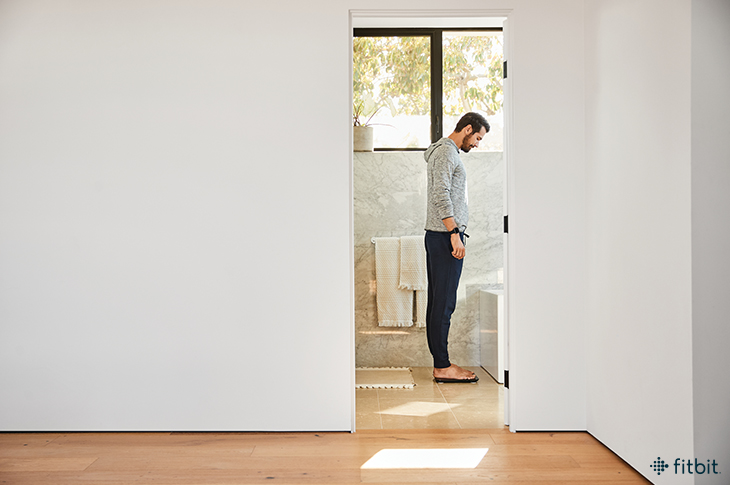You start with the best of intentions, determined to reach that goal once and for all. You’re ready for change! But once you get started, you may feel like it’s too much to handle, or that maybe you have set overly aggressive goals. The unexpected comes up. Then you give up. Again.
Sometimes when we have a goal, we are so excited that we move quickly into action and forget to prepare for setbacks, which is why a lot of people feel discouraged and fall back into old habits. Developing a plan for change may reduce the possibility of false starts that undermine motivation and success. Taking small, bite-sized steps and identifying possible unexpected events that may interfere with the new healthy habit can help you stick to your goals.
When we consider doing something different in order to achieve a goal, we tend to focus on behaviors we should limit or stop. We question how much we will be willing to give up or how strong our willpower will be.
It’s time to look through a different lens. Focus on what you are managing well and create an approach to tie together your values of eating healthy, exercising, and having fun. If you try something this week and it helps you, that’s wonderful. And if it didn’t, that’s wonderful too because then you can explore why it didn’t help you—from a learning perspective—not from blame. Results are about feedback, not failure.
Here are several questions to help you prepare for a real lifestyle change.
To create a new behavior that satisfies the benefit, observe both the old and new behavior and review what resources you need.
Goals are achieved by repeating a behavior, but if that new behavior does not reap the same benefit as the old behavior, then lasting change is less likely. Talk to any smoker who quit then started again and ask why. Often the person could not produce the benefits of smoking in another way. Without the reward such as relaxation, a sense of wellbeing or pleasure or even a feeling of confidence, changing for good is unlikely. (Bark et al. 152)
Ask yourself: What challenges have I run into? Setting up environmental controls to help you avoid triggers of the old behavior are important, especially in the beginning. However, it’s also important to be exposed to cues or triggers little by little without responding with the old behavior as the weeks go by. Approaches to stress management come in handy here in order to figure out how the steps can be changed before or after to alter the behavior.
What kind of support do I need to meet my goal? Think of the effort it would take to move your belongings by yourself across town versus moving with seven people helping you. When a variety of resources are appropriately used together, they “potentiate” each other. Our Fitbit app has great tools to help keep your motivation up.
Surround yourself with people that understand the path that you are trying to go and support your drive to better yourself. You need people in your life who will help push you towards your goals instead of trying to bring you down. Our Fitbit health coaches and the features included with Premium are great resources.
In what ways can I plan for rewards? Under-promise when you set weekly objectives to prevent feeling overwhelmed. Frequently remind yourself and celebrate your progress, no matter how big or small, by setting a reward system to help you experience positive emotions and keep your motivation high. A reward is anything that brings you joy but that won’t interfere with your goal, like dancing in your kitchen, buying new workout gear, or sitting down to read a book.
Remember, it’s okay to feel discouraged at times. It’s human to want to get to the finish line as soon as possible. But the people who are successful in making lasting changes decide on a goal, make a plan, and move little by little. They see their setbacks as a way to learn how they limit themselves and to think of them as things that come up to be healed. Acknowledge and reward yourself with awareness, and step forward. Remember that the turtle won the race.
This information is for educational purposes only and is not intended as a substitute for medical diagnosis or treatment. You should not use this information to diagnose or treat a health problem or condition. Always check with your doctor before changing your diet, altering your sleep habits, taking supplements, or starting a new fitness routine.
Source link: https://blog.fitbit.com/normalize-discouragement/ by Giovanna Navarro at blog.fitbit.com














